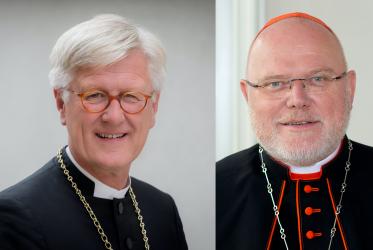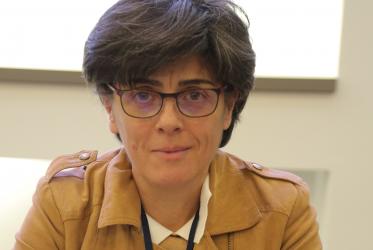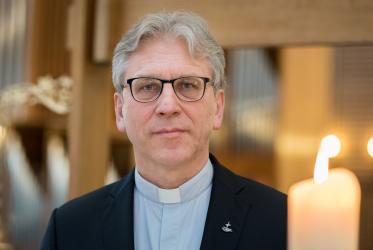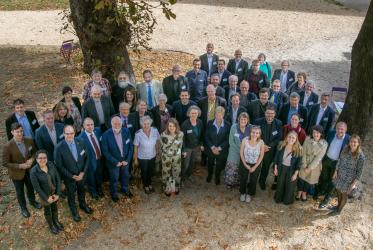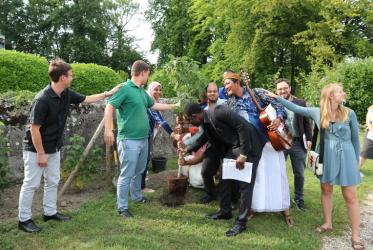Displaying 21 - 40 of 171
11 - 13 February 2021
Driven by God’s grace and a sense of duty
05 November 2020
Hope prevails in times of crisis in Lebanon
14 September 2020
A visionary missionary heads home
25 March 2020
Archbishop Anastasios receives Klaus Hemmerle 2020 Prize
19 February 2020
Dr Saïd Ailabouni: God is on the side of rejected, oppressed, occupied
12 September 2019
Religions for Peace assembly convenes in Lindau
19 August 2019
Bossey students explore the meaning of “belonging”
22 July 2019
